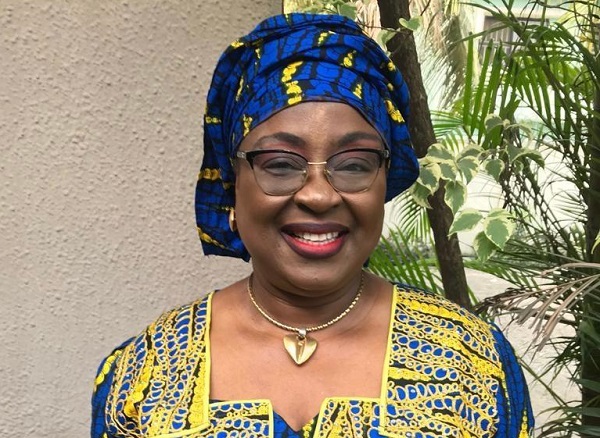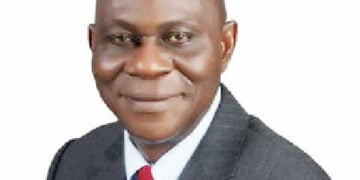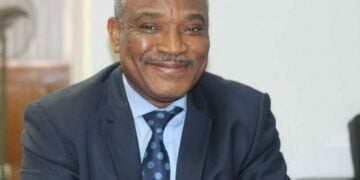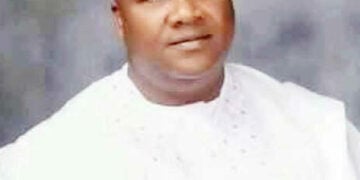Dr. Chinwe Mogo, the founder/president of the African Marine Environment Sustainability Initiative (AFMESI), also an expert in the Nigerian Maritime Administration and Safety Agency (NIMASA) and Federal Ministries of Environment and Marine and Blue Economy, Nigeria. In this interview, she said the blue economy gives the ministry leverage to focus on ocean issues and related matters.
There is a suggestion that the Blue Economy project should be domiciled in the Presidency. Do you agree?
The establishment of the Federal Ministry of Marine and Blue Economy in Nigeria is unique and removes the administrative bottlenecks of having it under the Ministry of Transportation. The new ministry can focus now on specific matters concerning the blue economy. It must not be domiciled in the Presidency. Some countries do that. However, given the high-level political nature of the Blue Economy, the Ministry in Nigeria’s case can be reported to the Presidency on the dotted lines.
What is your take on stakeholders’ inclusion in ensuring the success of the ministry?
I know that the ministry is working assiduously to develop the necessary policy documents including the guidelines to effectively drive her mandate. It is also working on other instruments of intervention and statutory documents that are internal to them. I know that all these things will be activated very soon. But pockets of all that have been developed, it is just to harmonise them and ask for stakeholders’ input. I am aware that everyone who has input will have the opportunity given how the minister, Adegboyega Oyetola considers stakeholder inclusion very important.
How did the Blue Economy later crystallise into a full ministry under this political dispensation?
It is remarkable to say that Nigeria is one of the few countries that have a full-fledged ministry for Blue Economy different from Transportation. And that gives the Ministry leverage to focus on ocean issues and related matters. The story of the establishment of the Ministry, so to say, you know, the institutional memory there is that NIMASA celebrated Africa Day of Seas at Ocean in 2018 and it was agreed by management that I should chair the planning committee to that effect.
That was when Dakuku Peterside was the director general. I asked the DG if I could choose a theme. He said,” Yes, go ahead”. So I chose, Partnership: Key to Sustainable Blue Economy Implementation in Nigeria. He okayed it and gave me the free hand to nominate committee members and facilitators. We had committee members amongst whom were Ikenna Nwachukwu and others. We now went ahead to nominate the chair, Greg Ogbeifun. The NIMASA board members were around. Major General Garba was around. At the end of the day, after the event, when we were about to depart, I told the chairman that, oh, we won’t leave without really having a way of advancing the outcome of the workshop, that I wouldn’t be happy.
He asked what I wanted. I said we should have a committee to drive it. That’s how a committee that was called the Implementation Committee for Blue Economy in Nigeria came up with the approval of the then DG- Dr. Peterside with Major General Jonathan India Garba as the chair and myself as the Administrative Secretary. We continued working and we saw that what we were doing would turn around the cause of Nigerian utilisation of ocean resources. As God will have it.
The Ministry of Transportation then, now of Marine and Blue Economy made me the Anchor Consultant to the Blue Economy project. It’s a kind of an in-house consultant and I participated a lot in training the ministry people hoping for a transition but we did not know how the trajectory would take. And I am so happy that under this administration it was announced that we now have the Ministry of Marine and Blue Economy.





